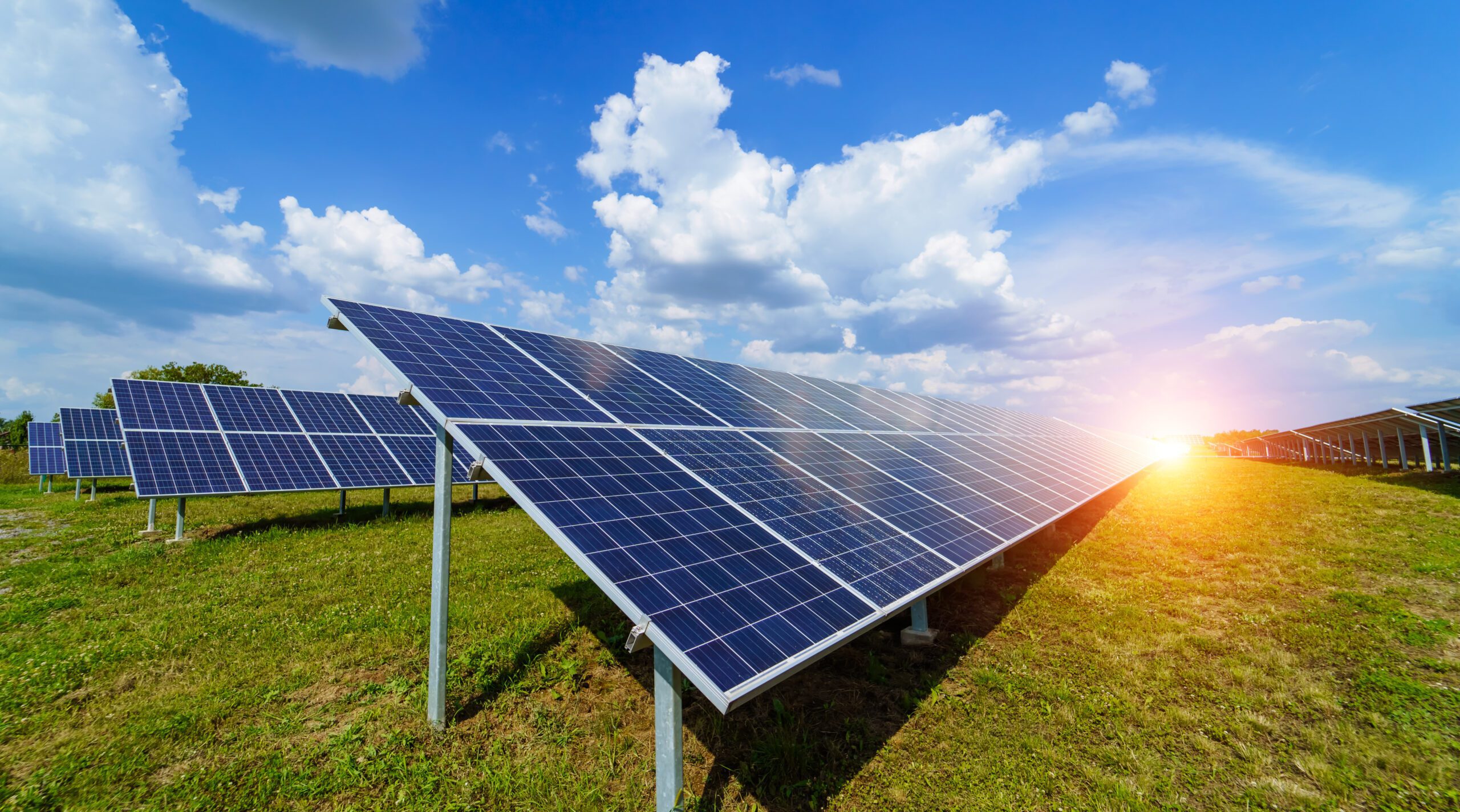WE CAN ALL DO SOMETHING ABOUT PLASTIC WASTE
 We have all seen media coverage of drifts of disgusting plastic rubbish clogging up the seas (and sewers) and poisoning wildlife in our oceans. We are beginning to see a response from some supermarkets and coffee shops but progress is slow. If only there were some giant scoop to clear it all away!
We have all seen media coverage of drifts of disgusting plastic rubbish clogging up the seas (and sewers) and poisoning wildlife in our oceans. We are beginning to see a response from some supermarkets and coffee shops but progress is slow. If only there were some giant scoop to clear it all away!
Energy Alton set out to show at a drop-in event on Saturday 21st April at the Community Centre that there is stuff we can ALL do to contribute to solving this massive problem. We really can make a difference. The popular event was attended by 150 people, including families and young people, and our MP Damian Hinds (see photo below).
Posters descri bed international and national projects aiming to tackle the root causes, such as The Ellen MacArthur Foundation which is making very realistic strides towards what they call The Circular Economy, an economy in which plastics never become waste. There were notes on Portsmouth University’s much-publicised plastic-eating enzyme and also on the Canadian plastic bank which aims to stop ocean plastic while reducing poverty. Action already taken in Alton was also showcased, such as the Refill water app including refill points in Alton. It also gave examples of coffee venues who now supply fully compostable cups such as Alton Maltings and Bottega Dei Sapori.
bed international and national projects aiming to tackle the root causes, such as The Ellen MacArthur Foundation which is making very realistic strides towards what they call The Circular Economy, an economy in which plastics never become waste. There were notes on Portsmouth University’s much-publicised plastic-eating enzyme and also on the Canadian plastic bank which aims to stop ocean plastic while reducing poverty. Action already taken in Alton was also showcased, such as the Refill water app including refill points in Alton. It also gave examples of coffee venues who now supply fully compostable cups such as Alton Maltings and Bottega Dei Sapori.
Plastic has become is so much a part of our daily lives over the last 70 years that it’s almost impossible to manage without it, but we can surely reduce single-use plastics such as bags, cups and bottled water. Stalls at the event showcased various plastic-free kitchen and bathroom products, such as washable sandwich wraps, and lunch boxes made from stainless steel and from a rice husk and wax material that felt like the highest quality plastic. Tea infusers as a realistic alternative to teabags. There was a demonstration of how to make beeswax cloths to use as food wrap, and homemade hand-creams and other cosmetics.
Another stall was demonstrating modern designs of babies’ nappies and various modern products for feminine hygiene. Alternatives to washing powder were available to inspect and discuss.
There was an opportunity to view the recent ITV documentary, “Plastic Can we live without it?”. Wooden and sturdy 40-year-old plastic toys provided some fun for youngsters (and their parents and grandparents). Refreshments were naturally served in china cups! Alternative milks and recipes for making them were available at the tea counter.
Visitors made pledges such as never to buy still water in plastic bottles “ever again”, and not to use single-use coffee cups. There were lots of suggestions for further action, including making clear what can be recycled effectively – a source of great concern and confusion to many. What is clear is that recycling is only part of the answer, as complex plastics cannot be recycled into many useful products. We need to reduce our use of them in the first place.

